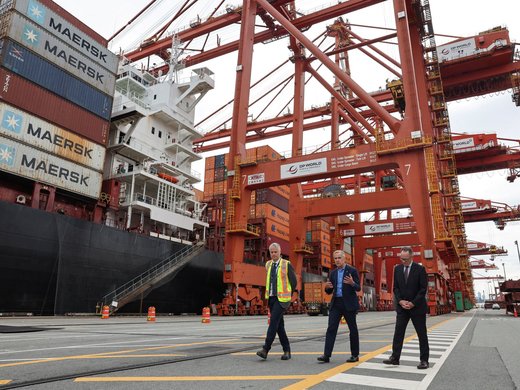In 2017, the International Telecommunications Union reported that almost half (48 percent) of the world’s 7.6 billion people are online. Every day, more people — especially citizens in the developing world — gain internet access. As these individuals supply, demand and send ever more data across borders, they are also creating a global digital economy. As data flows between individuals, firms and governments across borders, these entities process that data, creating new services. Because many of these cross-border data flows are directly or indirectly associated with a commercial transaction, they are essentially “traded.” Many recent trade agreements include non-binding language governing such data flows. For example, the Canada-EU Comprehensive Economic and Trade Agreement (CETA) (which took effect in September 2017) includes aspirational language governing e-commerce (goods and services delivered and sold online). The Trans-Pacific Partnership was the first free trade agreement to include binding rules governing cross-border information flows. But the North American Free Trade Agreement (NAFTA) does not include such rules because it took effect in January 1994, just as the internet came into wide public use. In 2017, the three signatories of NAFTA — Canada, Mexico and the United States — agreed to update the agreement to include a new “digital trade chapter.” The renegotiation of NAFTA presents a continent-wide opportunity to encourage new sectors built on cross-border data flows, while simultaneously preserving domestic policy space to regulate such sectors. This paper provides eight recommendations for Canadian policy makers. Given its long-standing commitment to the rule of law in trade, growing expertise on artificial intelligence and its centrality in twenty-first-century trade policy making, Canada should use the upcoming talks to ensure that trade rules designed to govern the data-driven economy maintain internet openness and stability while enhancing human welfare.


